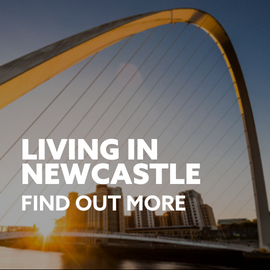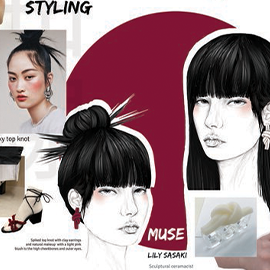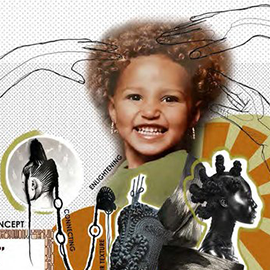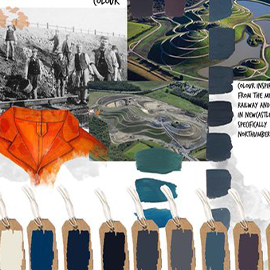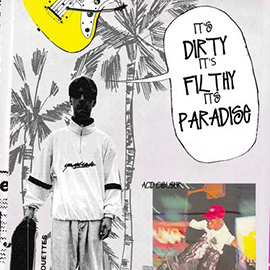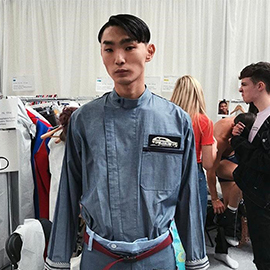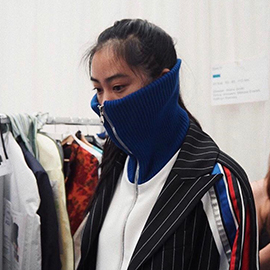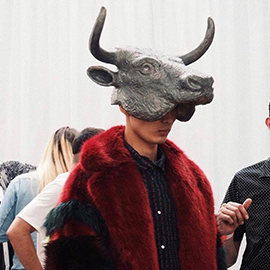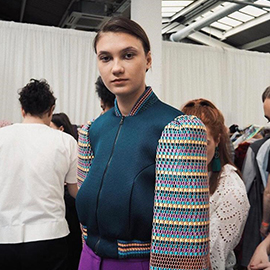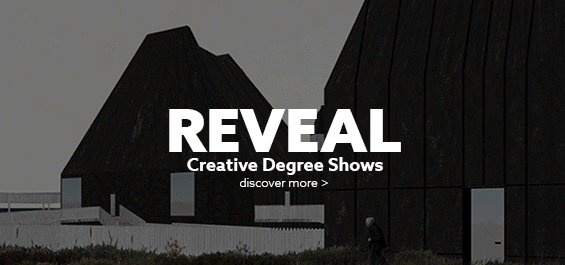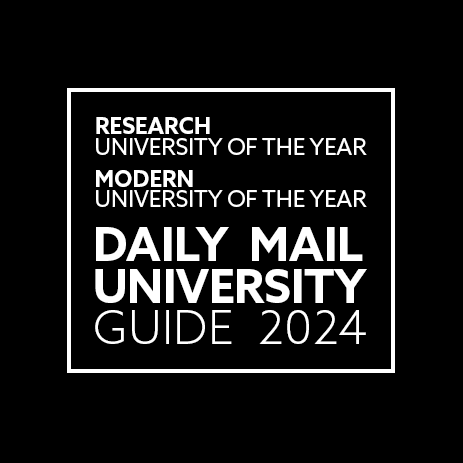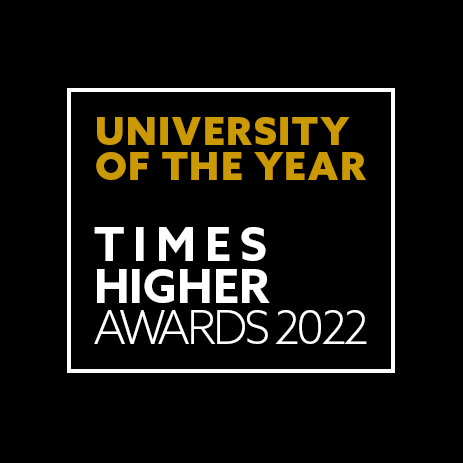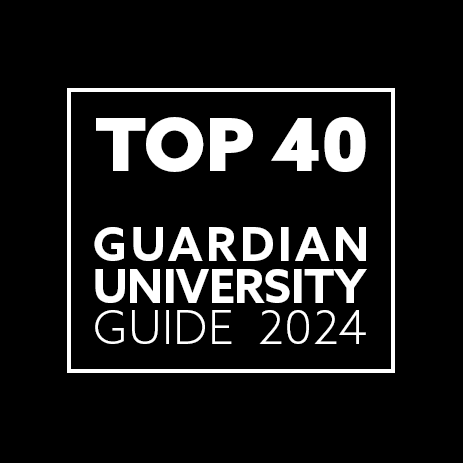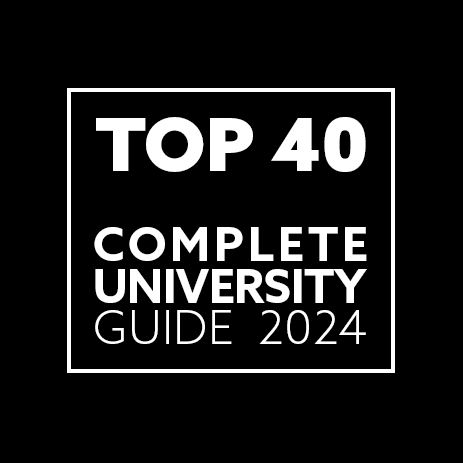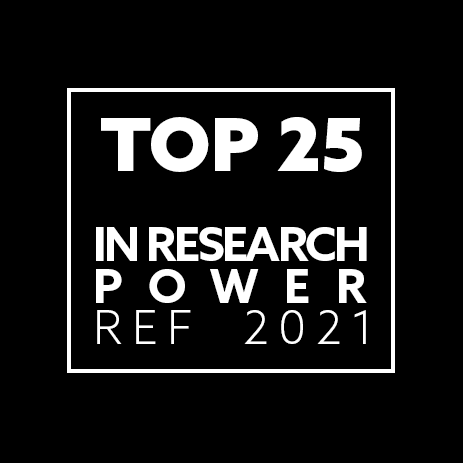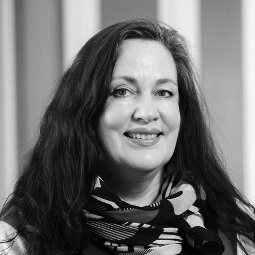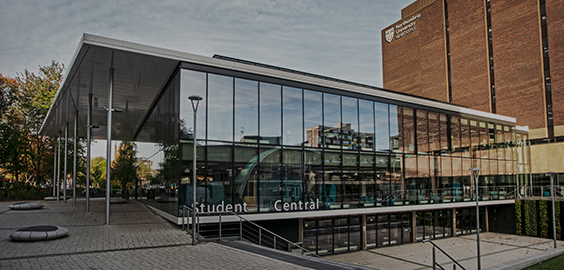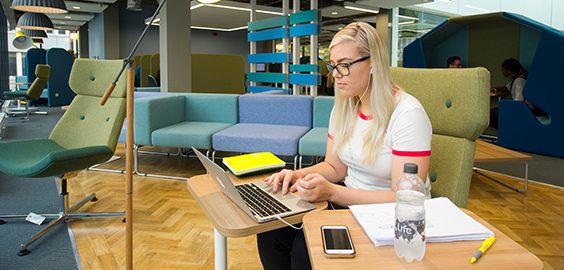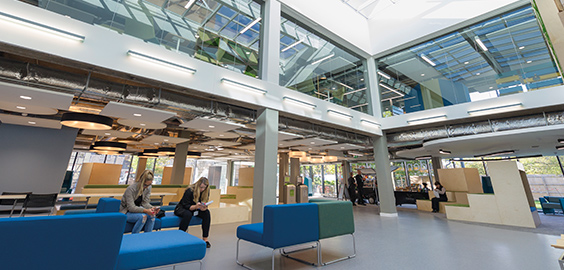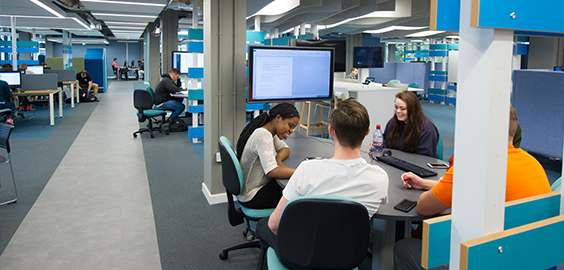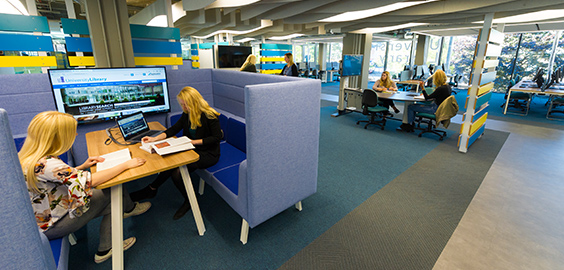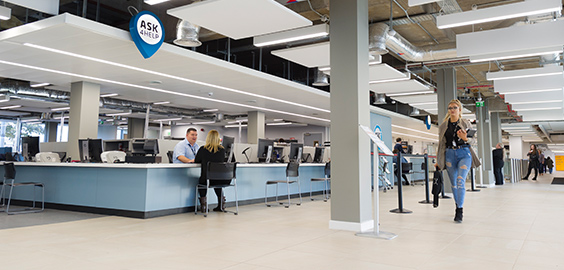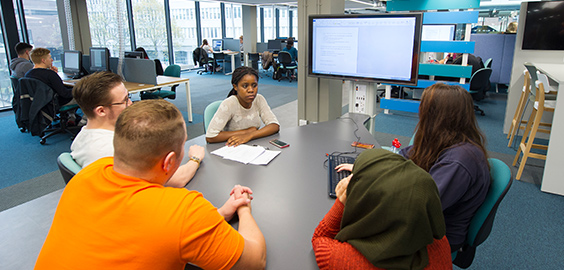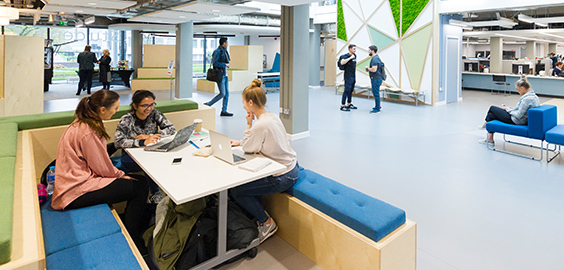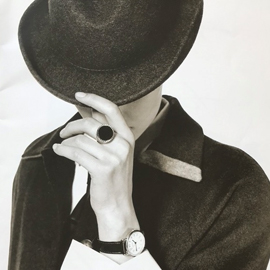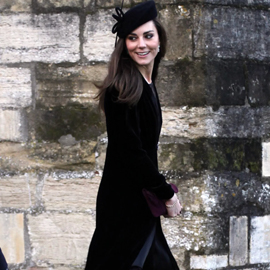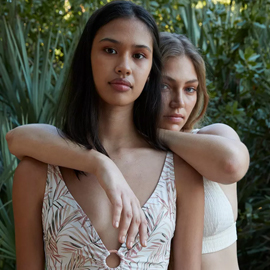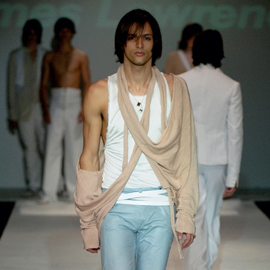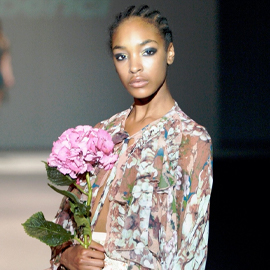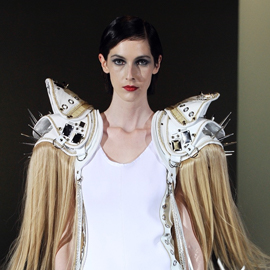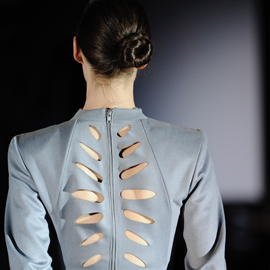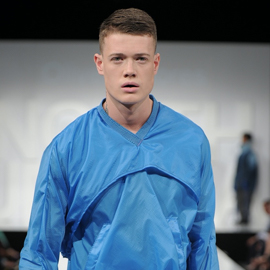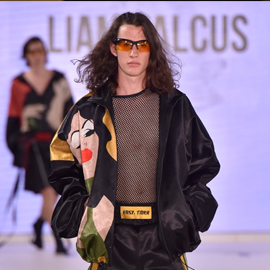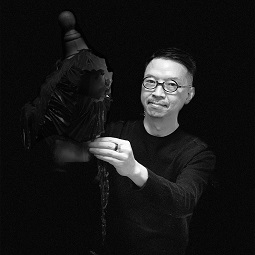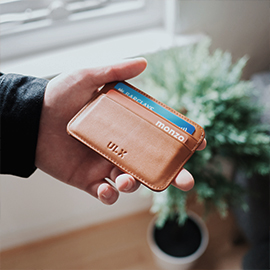-
Study
Study
Interested in studying at Northumbria? With 31,500 students, Northumbria is one of the largest universities in the country, offering courses on either a full-time, part-time or distance learning basis.
Discover more-
Undergraduate
- Undergraduate Study Degree
- Undergraduate Open Day & Events
- Application Guides
- Northumbria University UCAS Exhibitions
- Foundation Years
- Undergraduate Fees & Funding
- School & College Outreach
- Continuing Professional Development
-
Postgraduate
- Postgraduate Study Degree
- Postgraduate Research Degrees
- Postgraduate Open Days and Events
- Postgraduate Fees & Funding
- Flexible Learning
- Thinking about a Masters?
- Continuing Professional Development
- Change Direction
-
Student Life
- The Hub - Student Blog
- Accommodation
- Life in Newcastle
- Support for Students
- Careers
- Information for Parents
- Students' Union
- Northumbria Sport
-
-
International
International
Northumbria’s global footprint touches every continent across the world, through our global partnerships across 17 institutions in 10 countries, to our 277,000 strong alumni community and 150 recruitment partners – we prepare our students for the challenges of tomorrow. Discover more about how to join Northumbria’s global family or our partnerships.
Discover more-
Applying to Northumbria
- European Union
- Our London Campus
- Northumbria Pathway
- International Events
- Entry Requirements
- Agent Network
-
Northumbria Language Centre
- Faculty Requirements
- Acceptable English Requirements
- Pre-Sessional English and Study Skills
- Academic Language Skills Programmes (ALS)
-
International Fees, Funding & Scholarships
- International Undergraduate Fees
- International Undergraduate Funding
- International Masters Fees
- International Masters Funding
- International Postgraduate Research Fees
- International Postgraduate Research Funding
- International Money Matters
-
Life at Northumbria
- International student support
- The Hub - Student Blog
- Careers
-
International Mobility
- Current Northumbria Students
- Incoming Exchange Students
-
-
Business
Business
The world is changing faster than ever before. The future is there to be won by organisations who find ways to turn today's possibilities into tomorrows competitive edge. In a connected world, collaboration can be the key to success.
Discover more -
Research
Research
Northumbria is a research-rich, business-focused, professional university with a global reputation for academic quality. We conduct ground-breaking research that is responsive to the science & technology, health & well being, economic and social and arts & cultural needs for the communities
Discover more -
About Us
-
About Northumbria
- Our Strategy
- Our Staff
- Our Partners
- Student Profiles
- Alumni Profiles
- Leadership & Governance
- Academic Departments
- University Services
- History of Northumbria
- Contact us
- Online Shop
-
-
Alumni
Alumni
Northumbria University is renowned for the calibre of its business-ready graduates. Our alumni network has over 236,000 graduates based in 178 countries worldwide in a range of sectors, our alumni are making a real impact on the world.
Discover more - Work For Us
In this module, you will explore the question: What is fashion? This research-rich year- long module encourages you to immerse yourself in the world of fashion, past and present. It offers a broad introduction to fashion studies.
With specialist Fashion, Historical and Critical lecturers you will learn about particular themes and developments in the history of fashion design since c.1800: exploring influential designers and placing fashion in the social and cultural contexts of the time through a series of illustrated lectures supported by seminars. Your visual vocabulary will expand through the development of your knowledge of fashion design history, and enable you to take inspiration from the design of the past to apply to your own work in parallel module ‘Introduction to Fashion Design’.
You will also be introduced to how the industry works through a fundamental exploration of topics such as; global context and the fashion year, cultural context and trend forecasting, fashion in the media, types of garment manufacturers, market segments and the retailer, digital designing and e-portfolios, colour, fibres to fabrics, the fashion cycle and responsible design practices. On completion of the module you will have gained a critical understanding of the key aspects of how the industry works, which you can relate to your own practice as a designer.
Hands-on and online analysis will help you develop research skills relevant to fashion design practice, including library and archival research, visual fashion communication and presentation skills, and to support independent learning. You will gain the ability to conduct critical visual analysis and research of fashion design practice and the confidence to articulate clearly your viewpoints in speech and writing.





